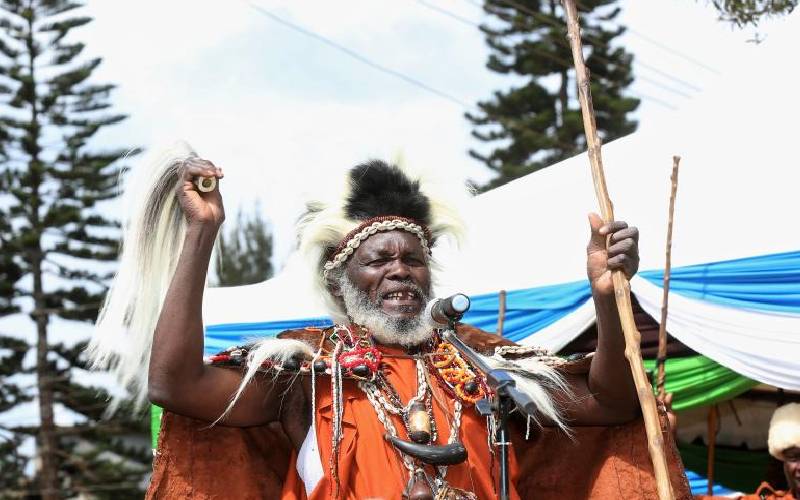×
The Standard e-Paper
Kenya’s Boldest Voice

Today, the Central region and particularly the Kikuyu community seems to be in a peculiar political and cultural-religious dilemma. Alongside this are revival fires of traditional religious practices spearheaded mostly by the Kiama kia Ma (Council of Truth), an elders’ club which is gaining spiritual ground and winning the hearts of some Christian adherents.